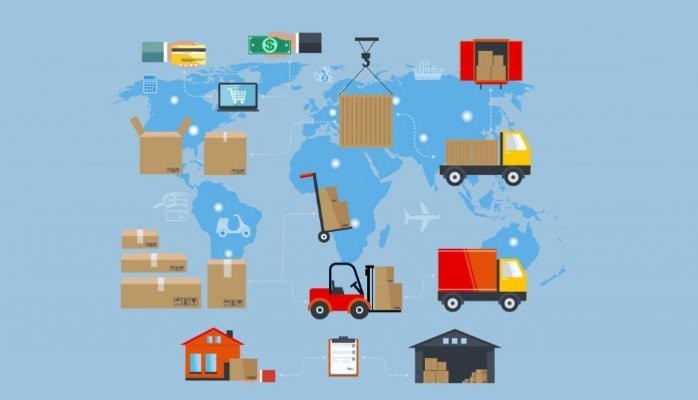Wholesalers in Modern Business: Connecting Manufacturers and Retailers


In today’s highly competitive business world, wholesalers play a significant role in connecting manufacturers and retailers. These intermediaries serve as a bridge, facilitating the smooth and efficient movement of goods from production to distribution channels.
Now, let’s delve into the significance of wholesalers in the business landscape and explore their key functions and advantages.
Wholesalers are essentially business entities that purchase goods in bulk directly from manufacturers and sell them in quantities suitable for retailers. They act as intermediaries between producers and retailers, offering a range of benefits to both parties. For manufacturers, wholesalers provide a convenient and economical means to distribute their products on a large scale. Instead of handling small orders from various retailers, manufacturers can sell in bulk to wholesalers, gaining efficiency and cost savings.
One of the major advantages of wholesalers for producers is their ability to offer a wider market reach. Manufacturers may find it challenging to directly reach every potential buyer due to limitations in resources, logistics, and market knowledge. Wholesalers, on the other hand, have the necessary distribution networks and expertise to ensure products reach diverse retail outlets efficiently.
For retailers, wholesalers provide several benefits that enhance their business operations. The most evident advantage is the ability to buy goods in large quantities at a lower price per unit. Wholesalers purchase goods in bulk, taking advantage of economies of scale and negotiating favorable pricing with manufacturers. Retailers can then access a wide range of products at competitive prices, allowing them to stock their stores with a variety of offerings without placing a substantial financial burden on their business.
Another key advantage for retailers lies in the simplified supply chain. Instead of dealing with multiple individual manufacturers, retailers can consolidate their procurement process by engaging with wholesalers. Wholesalers provide one point of contact for retailers to source various products, making the process stressless and efficient. This saves valuable time and effort in product sourcing and enables retailers to focus on their core business operations, such as sales and customer service.
As well, wholesalers frequently offer additional services to support retailers, such as storage, packaging, and transportation. By leveraging their expertise and infrastructure, wholesalers can help retailers optimize their operations. Storage facilities provided by wholesalers allow retailers to maintain lower inventory levels and free up valuable space in their stores. Packaging services ensure products are adequately prepared for sale, enhancing their shelf appeal. Lastly, wholesalers handle the logistics of transporting goods from manufacturers to retailers, reducing the burden of logistical challenges for retailers.
As businesses continue to evolve and seek efficiency in their operations, the crucial role of wholesalers is likely to persist and grow, ensuring the smooth flow of goods in the marketplace.
